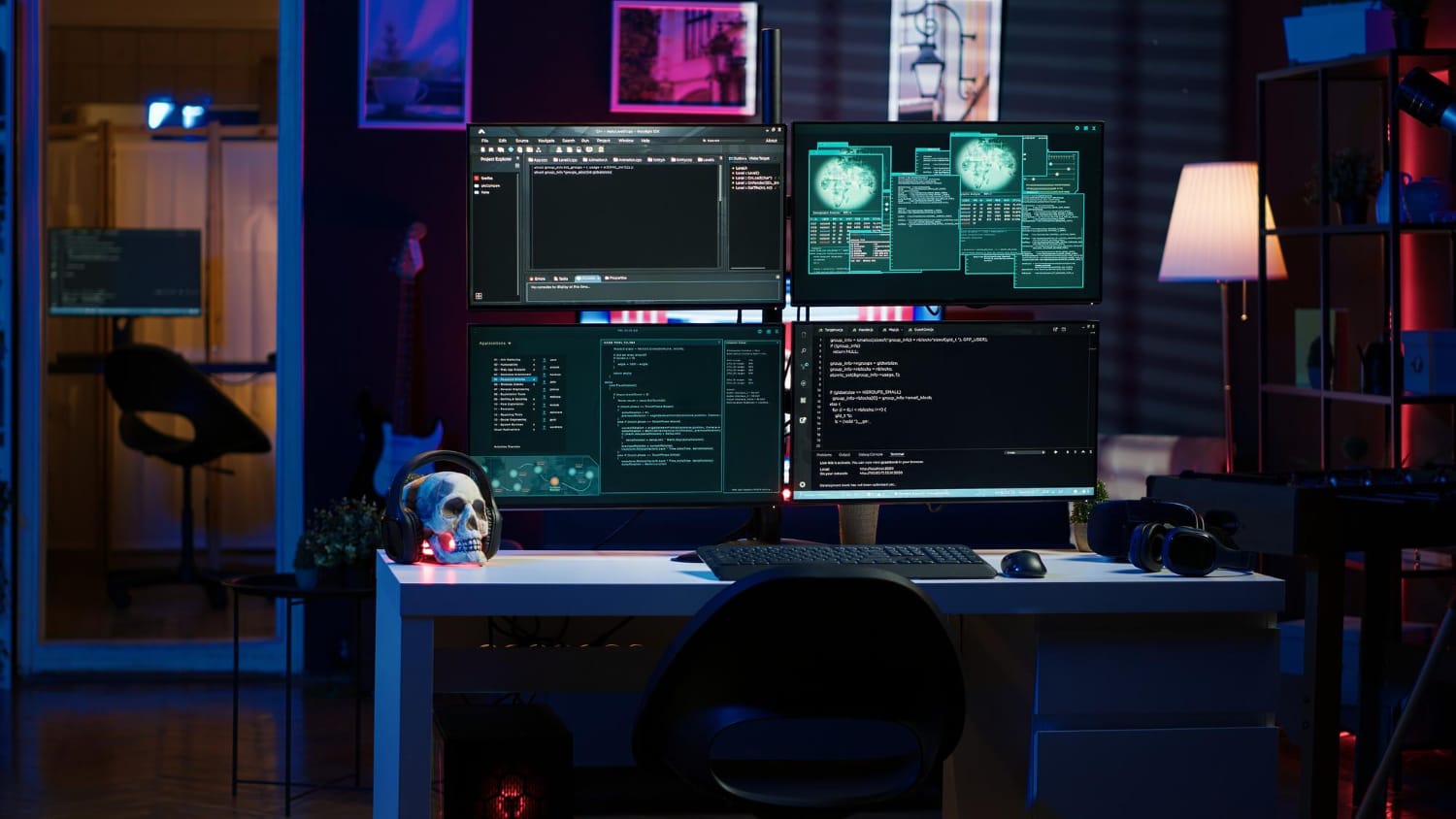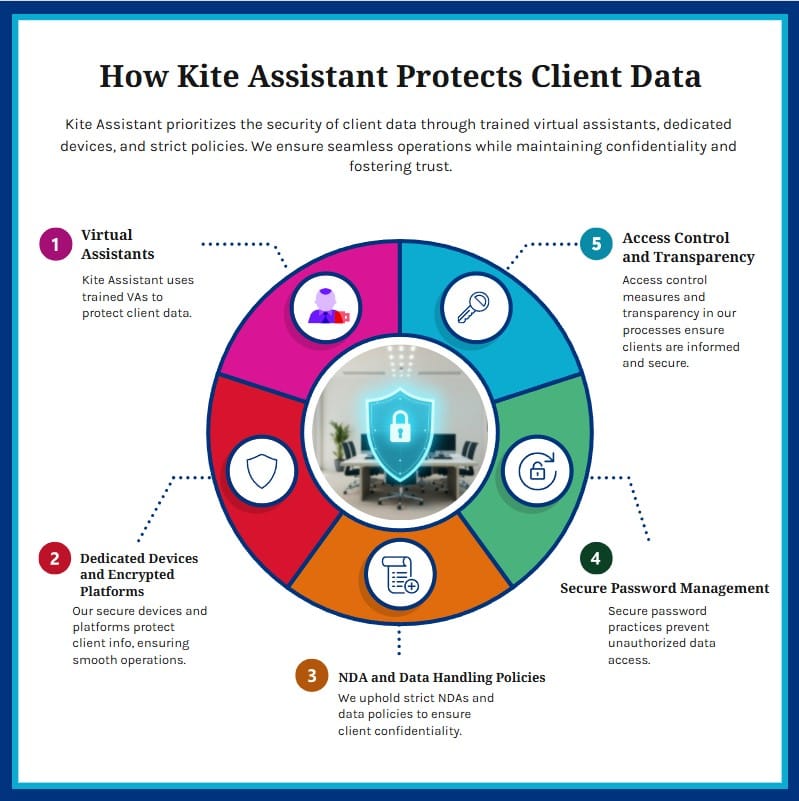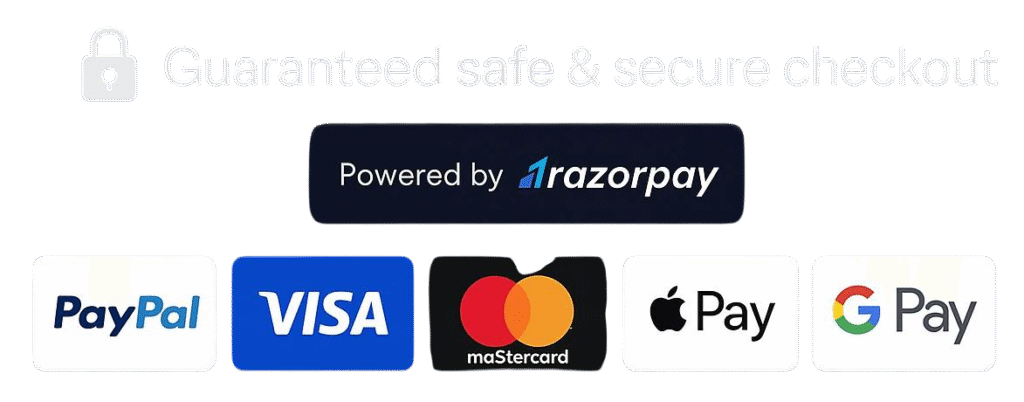
Cybersecurity for Virtual Assistants: Protecting Client Data and Personal Information
Share this post
Table of Contents
In this digital era, trust is like a currency—and for virtual assistants, that trust matters on how well you handle the sensitive client data’s. Whether you’re managing the emails, CRM records, social media accounts, or any financial details, cybersecurity is not just optional— but it’s essential.
This guide will let you know the importance of cybersecurity for the virtual assistants, practical steps to secure the client data, and also how Kite Assistant ensures top-tier data protection in every interaction.
Why Cybersecurity Matters for Virtual Assistants?
Virtual assistants often work with highly sensitive data’s like client information, which includes:
- Personal data (eg: names, addresses, contact info).
- Business credentials (eg: logins, passwords).
- Financial documents (eg: invoices, payment records)
- Confidential communications.
Any data violation—intentional or accidental—can lead to the financial loss, legal issues, and reputational damage for both the client as well as the assistant.
Cybersecurity helps in building the confidence, credibility, as well as long-term client relationships.
Just think of a VA as your right hand: they keep the engine running so that you can focus on driving growth and productivity.
Top Cybersecurity Risks for VAs.
Here are some important common security risks VAs can face in everyday operations:
- Weak or reused passwords.
- Unsecured Wi-Fi networks.
- Scam emails and malicious or unknow attachments.
- Using public or shared devices.
- Storing client data in unsecured apps or browsers.
- Accidental sharing of confidential files.
A single click or careless act can lead to very serious consequences.
Cybersecurity Best Practices for Virtual Assistants.
Here’s are some features which shows how professional VAs protect client information every step of the way:
- Use Strong, Unique Passwords.
- Creating long passwords with a mix of characters.
- Never reuse passwords across the platforms.
- Use password managers like 1Passwordor Bitwarden to store and generate secure logins for the platforms.
- Enable Two-Factor Authentication (2FA).
- Always activate the 2FA on client accounts.
- Use authentication apps (Google Authenticator, Authy) rather than SMS codes.
- Work on Secure, Private Devices.
- Use a dedicated, encrypted laptops/desktops for protection of data.
- Keep antivirus software and operating systems up to date.
- Avoid using public Wi-Fi or unsecured hotspots from any area.
- Store Files Securely.
- Use encrypted cloud platforms like Google Workspace, Dropbox Business, or Microsoft 365 for data security.
- Avoid local file storage especially for sensitive data.
- Communicate Through Secure Channels.
- Use encrypted email as well as messaging services (e.g., ProtonMail, Signal).
- Avoid sharing credentials over chat rather use secure vaults or password-sharing tools.
- Backup Regularly.
- Schedule weekly or daily encrypted backups of important client files for safe.
- Ensure backups are stored separately from your working environment so that they don’t get lost.
- Keep Your Knowledge Updated.
- Take and know basic cybersecurity training.
- Stay informed about phishing trends, scams, and platform updates in order to get in trap and lost data.
How Kite Assistant Protects Client Data?
At Kite Assistant, cybersecurity is integral part into our workflow—because we know trust is always earned through action.
So, here’s how we protect your business:
1. Trained Virtual Assistants.
All our VAs are trained in maintaining data privacy, secure file handling, and best practices before they start working with clients.
2. Dedicated Devices and Encrypted Platforms.
We work on secured and dedicated devices and use enterprise-level tools for file sharing, communication, and storage.
3. NDA and Data Handling Policies.
We sign NDAs with every client and have internal policies for handling, storing, and deleting client data responsibly while working.
4. Secure Password Management.
We use password managers (like Lastpass) for secure credential storage instead of using spreadsheets or sticky notes.
5. Access Control and Transparency.
Clients choose what their VA can access, and we provide that transparency on data use and task handling.
Why Secure VA Services Like Kite Assistant Are a Smarter Investment?


Final Thoughts: Trust Is Built on Protection.
Your virtual assistant is more than a task manager and they’re a trusted part of your business operations. Protecting client data isn’t just a “good idea” but also it’s a professional standard.
At Kite Assistant, we treat your privacy like we’d treat and expect our own: with care, clarity, and commitment. When you work with us, you’re not just hiring help but you’re hiring secure, smart, and accountable support.
Ready to delegate securely?
Let’s talk about how Kite Assistant can take tasks off your plate by without compromising your data.
Nebadita
Table of Contents
You May Also Like

How Secure Is It to Share Sensitive Personal or Business Information with a Virtual Assistant?
Read More »Virtual Assistants That Enhance Your Work and Life
Kite offers a fully managed, dedicated virtual assistant solution that helps startups and SMBs delegate time-consuming but essential tasks—so they can focus on what truly matters.




